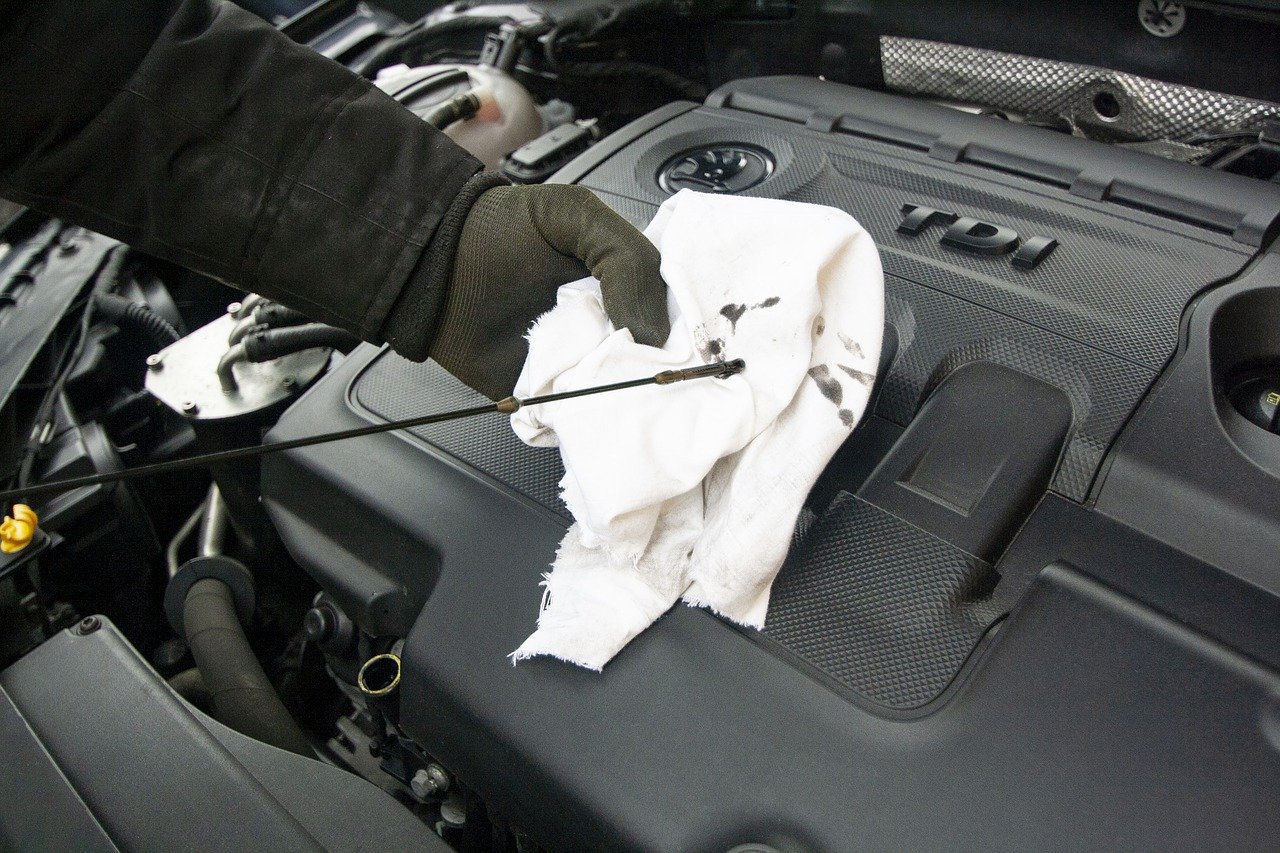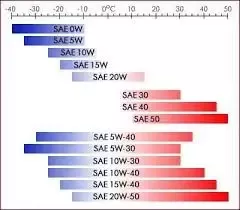
Credit: www.jdpower.com
Introduction
In this article, we will explore the question: Can engine oil cause misfire? Misfire is a common issue faced by many car owners, and understanding its root causes can help prevent costly repairs. Let’s dive into the details to find out if engine oil can indeed contribute to misfires.
Engine Misfire Codes
Engine misfire codes are diagnostic trouble codes that indicate a problem with the ignition system or fuel delivery. These codes can help identify the specific cylinder or cylinders experiencing misfires. If you encounter an engine misfire code, it is essential to investigate further to determine the root cause.
Credit: www.quora.com
Possible Causes of Misfires
There are several factors that can lead to engine misfires, including faulty ignition components, clogged fuel injectors, or low compression in the cylinders. Additionally, engine oil can also play a role in misfires, although it is less common.
Insulation And Connection Issues
Fresh oil, if it finds its way inside the spark plug boot, can act as an insulator and cause misfires. It can prevent the electrical current from reaching the spark plug or weaken the connection, resulting in intermittent failure. While this scenario is rare, it is essential to check for any oil contamination if you suspect misfire issues.
Excess Oil And Combustion Chamber
If there is excess oil in the combustion chamber, it can lead to fouled spark plugs and subsequent misfiring. The excessive oil can cause plugs to foul, impeding efficient combustion and affecting engine performance. It is crucial to address the root cause of the excess oil, such as a blown seal, to prevent ongoing misfire issues.
Signs of Low Engine Oil
Low engine oil levels can contribute to various engine problems, including misfires. Some common symptoms of low engine oil include:
- Oil Pressure Warning Light
- Burning Oil Smell
- Clunking Sound
- Less Efficient Performance
- Overheating Engine
The Impact of Oil Changes
Regular oil changes are crucial to maintain engine health and prevent misfires. Clean and high-quality oil helps lubricate moving parts and regulate engine temperature. However, simply changing the oil is unlikely to fix an existing misfire. While some newer vehicles with advanced engine functions like variable valve timing may be affected by low oil pressure, other underlying issues must be addressed to resolve misfires effectively.
Conclusion
While engine oil can play a role in causing misfires, it is relatively uncommon. Issues like faulty ignition components, clogged fuel injectors, or low compression are more likely culprits. Nonetheless, it is essential to monitor oil levels, conduct regular oil changes, and address any excess oil or contamination to prevent misfire issues. If you suspect a misfire, it is recommended to seek professional assistance to diagnose and resolve the problem promptly.
Read More:


